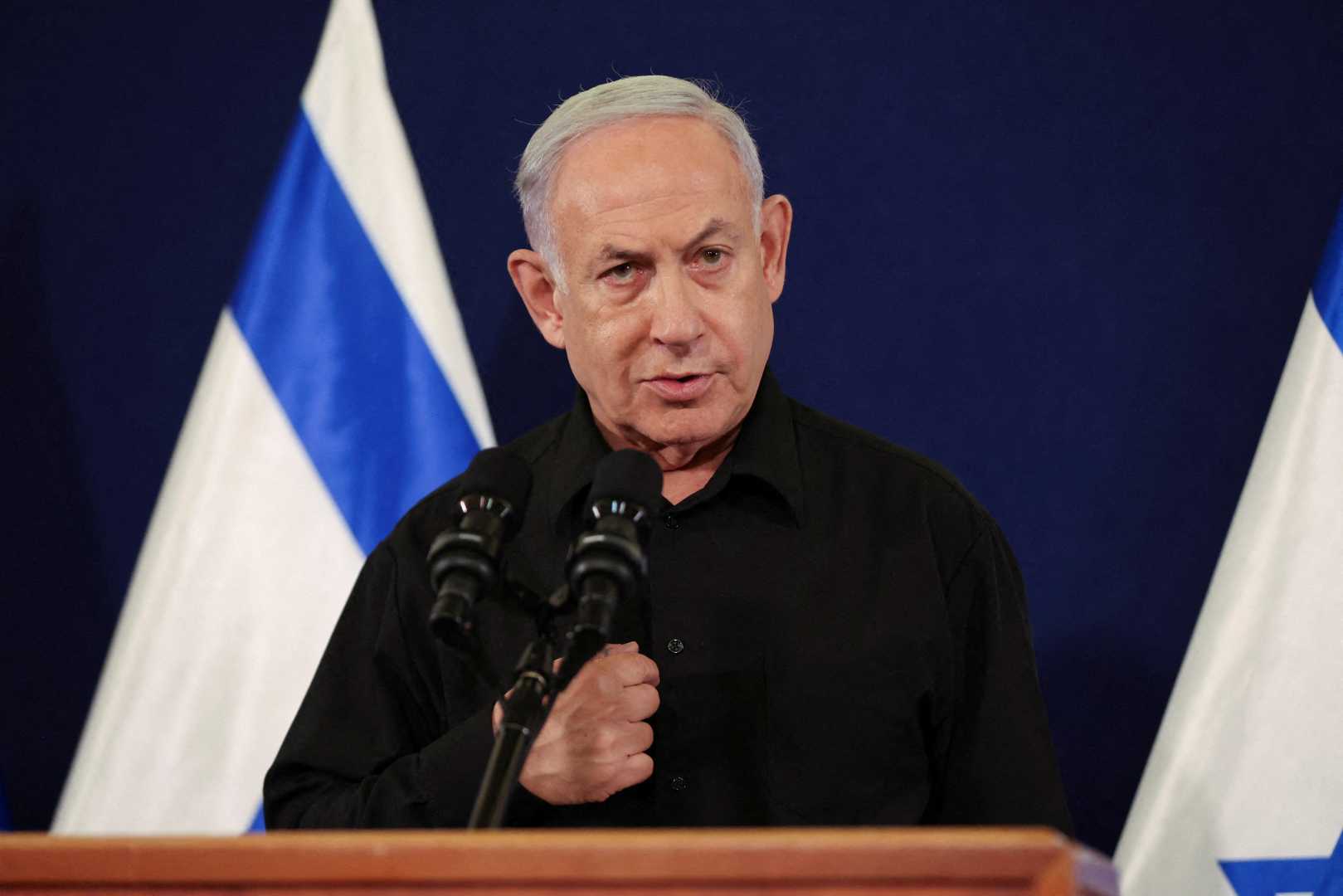News
Netanyahu Warns of Israel’s Long-Term Isolation Amid Gaza War

JERUSALEM, Israel — Israeli Prime Minister Benjamin Netanyahu warned on Monday that Israel is poised to face an extended period of global isolation due to the ongoing war in Gaza. Speaking at a finance ministry conference, he emphasized that the country must prepare to stand alone as international criticism mounts.
Netanyahu said Israel’s economy would need to shift towards self-sufficiency, referencing a need for “autarkic characteristics.” “It’s a word I hate,” he added, noting that he had championed a free-market economy in Israel. He identified the weapons trade as a major area of concern, suggesting that Israel must enhance its defense industry due to an environment of potential arms embargoes from several European countries.
“We’ll need to develop our weapons industry — we’re going to be Athens and super Sparta combined,” Netanyahu asserted, indicating a determination to strengthen Israel’s military capabilities independent of outside sources.
This statement represents a significant acknowledgment of the backlash Israel faces, particularly as it intensifies military operations in Gaza. Despite warnings from the United Nations about the potential humanitarian crisis, Netanyahu has remained steadfast in his commitment to the military campaign.
International relations are strained, with several countries, including France and the Netherlands, reportedly moving towards partial arms embargoes against Israel. Yet, the United States continues to support Israel, lifting a hold on arms shipments that had been put in place during the previous administration.
The Israeli public, including families of hostages and reservists, have expressed dissent over the war, fearing it could jeopardize the lives of those held captive. Nevertheless, Netanyahu persists in his strategy, suggesting that external pressures can be managed through economic adjustments.
Notably, Netanyahu cited an “extreme Islamist agenda” as a factor influencing European foreign policy, claiming it contributes to Israel’s growing isolation. He labeled the influence of rival states, particularly Qatar, as detrimental to Israel’s image on social media and in international circles.
Opposition leaders reacted strongly to Netanyahu’s claims, with Yair Lapid labeling the prime minister’s view of isolation as misguided and a direct result of his policies. Former military chief Gadi Eisenkot echoed these sentiments, warning that Netanyahu’s actions could have irreparable consequences.
As tensions escalate both internationally and domestically, Netanyahu sought to reassure that Israel’s economy remains strong despite the war, promoting investment as a wise choice and downplaying fears about the nation’s economic future.












